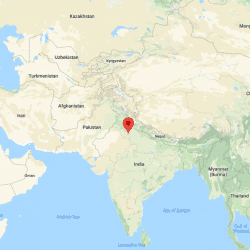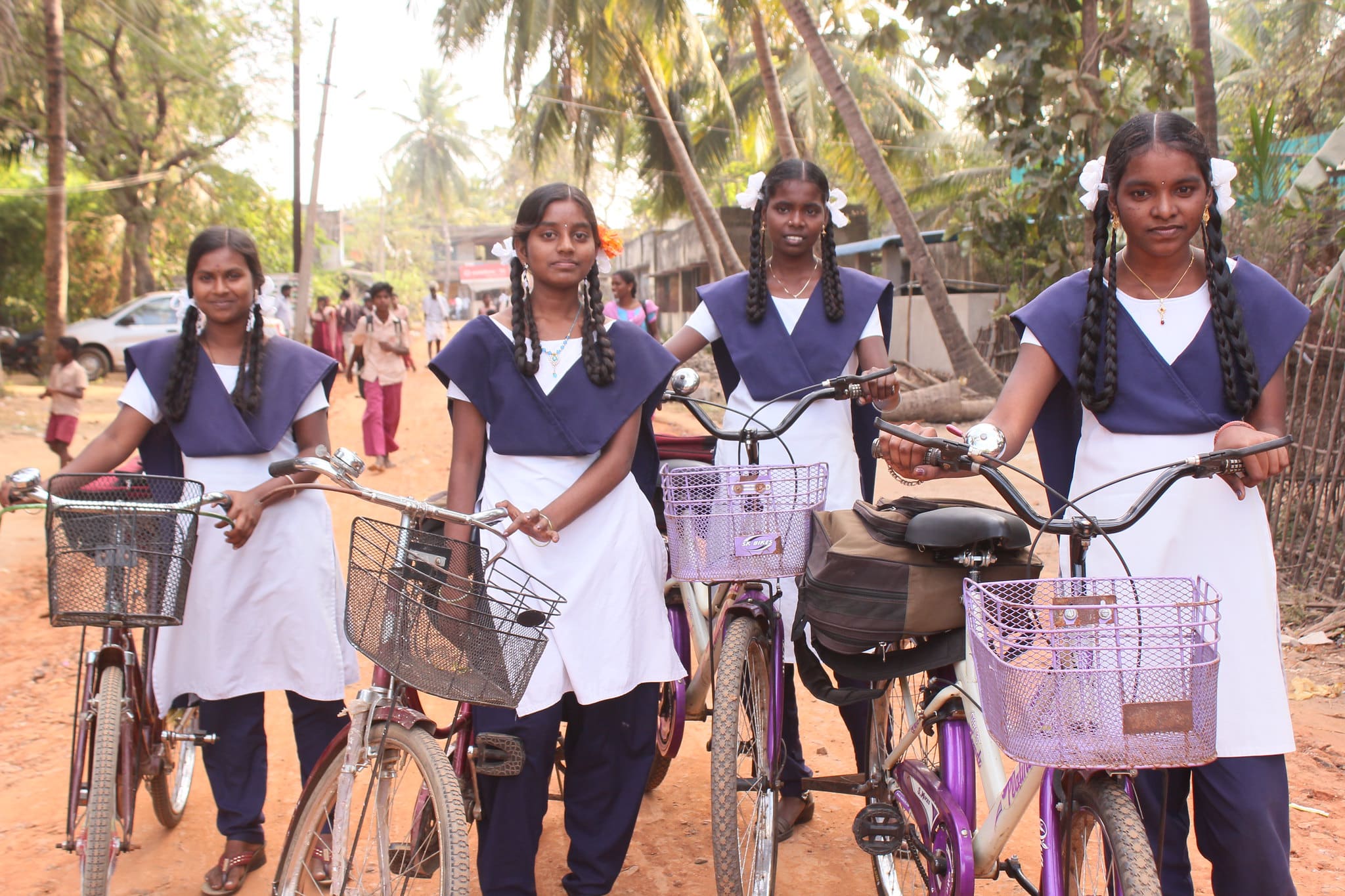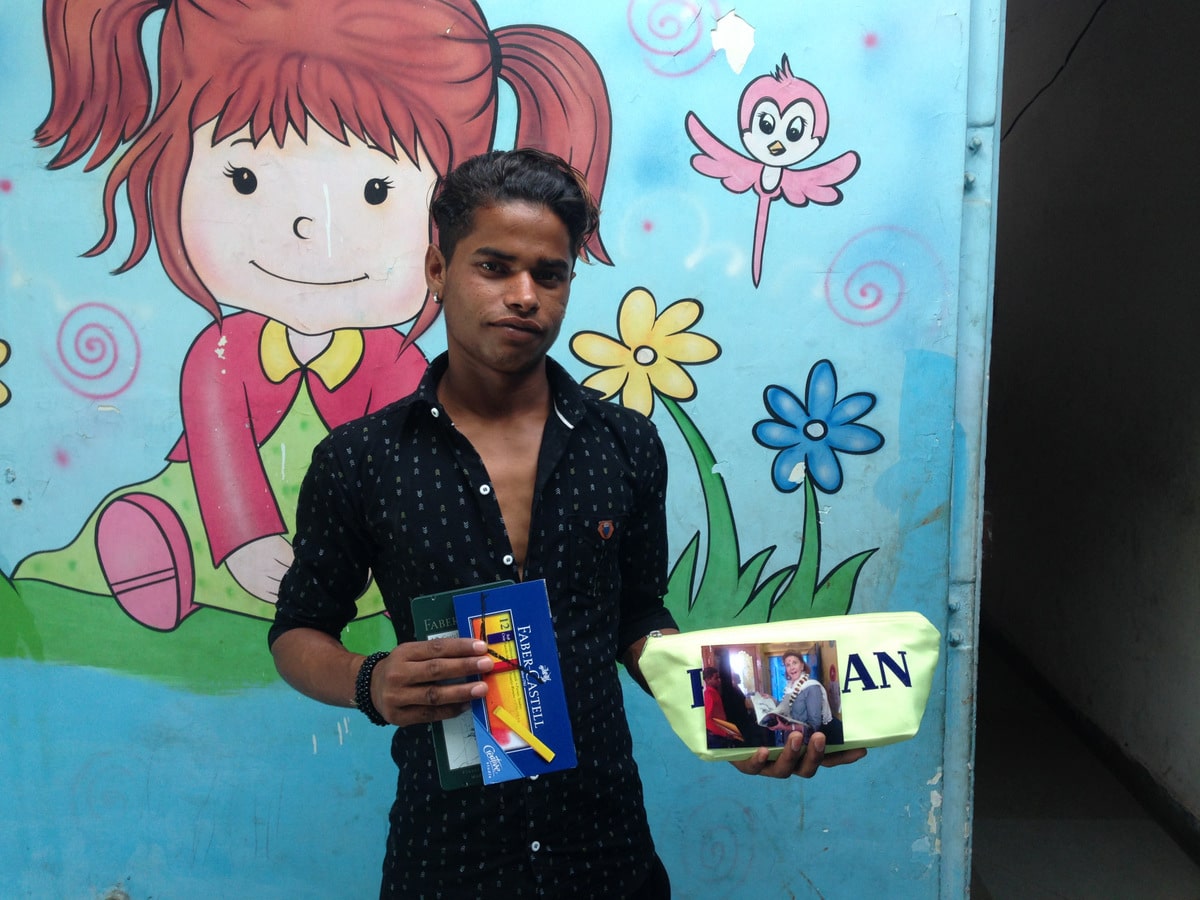Context
While India ranks in the top 5 of the world’s economies, half of its population lives in poverty, and nearly a third in extreme poverty.
Most young Indians do not receive enough education to be able to look towards the future with hope and optimism and many, especially in rural areas, are forced to drop out of school after primary school for various reasons related to poverty. The situation of girls is even more dismal, as it is estimated that they receive, on average, less than four years of schooling throughout their lives.
Human trafficking, child abuse, forced child labour, and early marriages are among the most serious human rights violations in India. Despite legislative reforms, women are extremely vulnerable to discrimination, sexual harassment, rape, domestic violence and honour killings.
FXB in action
Implementation: FXB International
Operational partners: SAKSHI, Jarkhand Vikas Parishad, Pravah and Sathee organisations
Financial partners: Oak Foundation, Fonds pour Eux, Magic Libraries Foundation
Reducing the vulnerability of indigenous tribal children to human trafficking and sexual abuse in Jharkhand
With its consortium partners, FXB carried out a two-year action-research project in the Santhal Pargana region, aimed at understanding the factors that increase children’s exposure to abuse and exploitation.
The results revealed numerous vulnerabilities, including experiences of sexual abuse, alcoholism, fear of molestation and forced marriage of young girls and adolescents. They also showed that migration in the region was common and often linked to human trafficking. In addition, services for vulnerable populations were found to be lacking in terms of implementation and accessibility mainly due to a lack of awareness, training, resources or infrastructure.
Primary data revealed that child sexual abuse is widespread in this region. 96% are identified as female, and the 13-18 age group as the most vulnerable to sexual abuse. Despite their prevalence, cases are rarely, if ever, reported to police stations and are most often settled within the family or, at most, at community level – tribal chiefs or Panchayats. Those interviewed as part of the research reported several cases where the victim, who had emigrated in search of better life opportunities, was subsequently trafficked and sold for various purposes, including sexual exploitation and forced labor. In addition, the recent opening of a coal mine and the construction of a road and rail link to it have led to an upsurge in cases of abuse.
An action plan was drawn up in consultation with the community to strengthen child protection mechanisms, leading to a second phase of implementation. Starting in 2022 and extending over four years, the 4 consortium partners, FXB and local NGOs Jarkhand Vikas Parishad, Provah and Sathee, aim to reduce the vulnerability of indigenous tribal children in the Pakur, Godda and Dumka districts to human trafficking and sexual abuse.
Objectives include strengthening local institutions and groups, increasing community responsiveness in preventing child exploitation, building the capacity of service providers and key stakeholders, identifying and providing support services to victims, and producing tools to raise awareness among policy-makers.
This project contributes to achieving Goal 16 of the Sustainable Development Goals, which aims to build effective, accountable and inclusive institutions.
FXB DAY CARE CENTER IN JAIPUR
Jaipur, crossed by many long-distance trains, attracts young runaways and migrants who crowd into slums, due to its importance as a hub for tourism and trade.
A child goes missing every 10 minutes in India, and only half of them are ever found. Arriving in the big cities via the rail network, they find themselves helpless, lost and frightened. Most turn to begging or litter-picking to survive, becoming easy prey for child traffickers. The plight of children living in Jaipur’s slums is similar.
Every day, the FXB Day Care Center takes in between 20 and 40 children from the streets and surrounding slums. For these boys and girls aged between 4 and 18, the Day Care Center represents their only refuge, offering them food, rest, medical and psychological care, as well as informal education and vocational training in IT for teenagers. The team focuses on developing their psychosocial and interpersonal skills, to help them integrate into society or return to school.
In addition to the FXB Day Care Center, 3 “Suraksha” Education Centers have been set up in the slums. Their aim is to add value to the education system, which is often lacking for these vulnerable children, by working in close coordination with public schools, parents and communities. The main aim is to fill these gaps and ensure that all children have access to quality education, progress in their schooling and have the opportunity to develop in a sustainable way.
In the secure spaces of the FXB Day Care Center and the “Suraksha” Education Centers, new and attractive books have recently been added to the libraries for the enjoyment and enrichment of children and adults alike. These books offer a welcome escape as well as an opportunity for learning and personal development. Thanks to this initiative, children can explore captivating stories, learn about a variety of subjects and feed their imaginations. This enriched library is not only a means of entertainment, but also a valuable tool for stimulating curiosity, encouraging reading and fostering lifelong learning.


